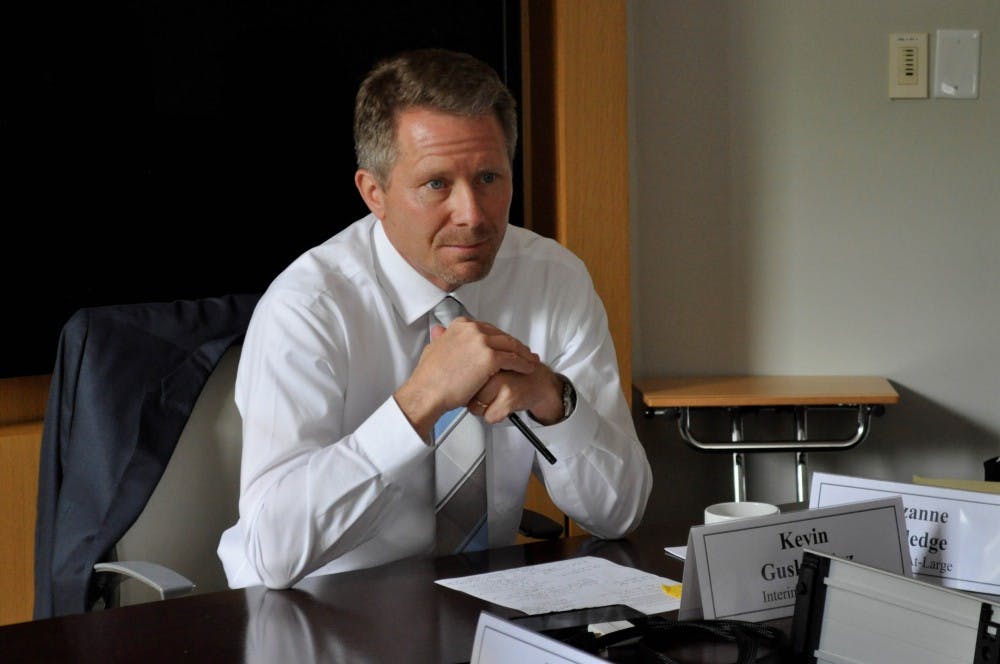Kevin Guskiewicz was rapidly promoted from dean to interim chancellor after Chancellor Carol Folt's resignation was accelerated by the Board of Governors in January. Daily Tar Heel reporter Preston Lennon interviewed Guskiewicz as the one year anniversary of Silent Sam's toppling neared, covering topics like the University's evolution since last fall, donation strategies, the Master Plan and UNC's path forward.
The Daily Tar Heel: One year removed from the events of last fall, what are some of the major lessons UNC can take away? What are some of the major challenges we dealt with as a University over the past year, and how might UNC handle similar situations differently in the future?
Kevin Guskiewicz: Well you know, again, we’re looking forward to the upcoming semester with a lot of the great initiatives that we’re going to be rolling out. You know, what I hear most from people is that despite some of the challenges of the past year, they love Carolina. They want to make sure we are the best Carolina we can be.
I’ve talked to a lot of faculty, staff and students over the past six months, and we're going to work on a new commission we’re going to bring forward in the fall to look at history, race and reckoning. I think that’s going to be important. I think that one of the things that has to happen at a leading global public research university like ours, we have to tackle some of these difficult issues. I think we have great examples of how we've done that in the past. We are going to offer up a new series of courses in the College of Arts and Sciences called the reckoning. And this is a course offering that will support student learning and discussions about heritage and race, post-conflict legacies, politics of remembrance and contemporary projects on reconciliation.
DTH: There was criticism of the previous iteration of the History Task Force under the last chancellor, in which some people said they worked kind of under a 'Catch-22' situation with the freeze on renaming buildings and other sort of limitations placed on their power. So what can you do to empower the Campus Safety Commission to make sure that they have more of an ability to spur tangible change on campus?
KG: So, as I have met with them now on at least two, if not three occasions, their voice is going to be very important, and I think we have a really a good diverse group. And in terms of the 20 members of that commission, I want to hear from them collectively, as well as individually, as they have ideas about the ways that which we can be better. We provide recommendations to us around how to improve the campus climate. We will have a police chief in place soon, and I think that individual will be part of this process.
So, their voice is going to be very important. I feel as if if they're helping to move us on the right path.
DTH: How do you optimize private donations for the University when we’re in the middle of this political climate where individuals on both sides of the spectrum might not think that we're doing enough to appease their viewpoints?
How do you toe this line and make sure we can continue to receive donations from all parties involved without alienating anyone?



